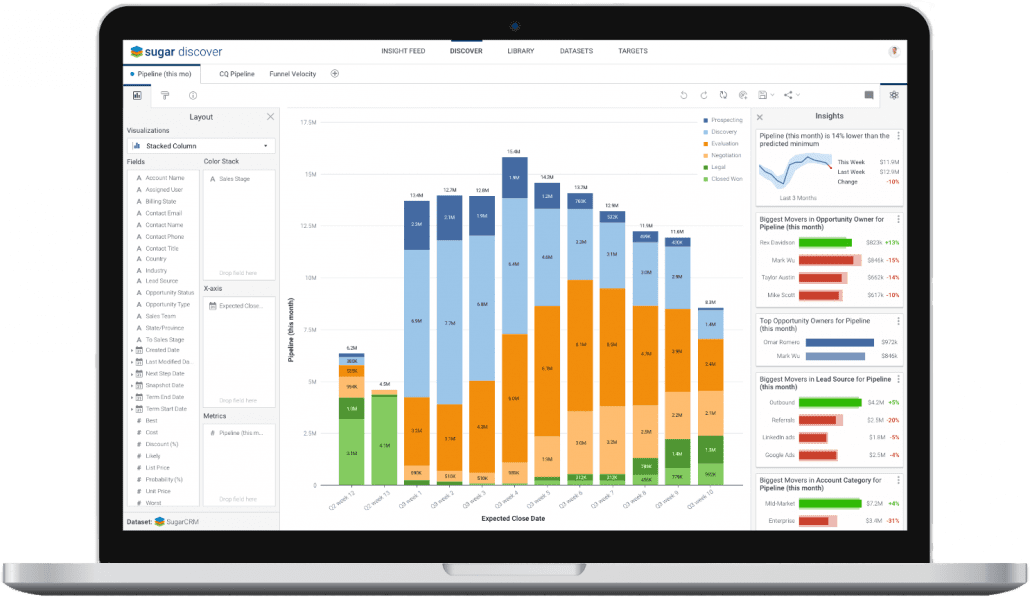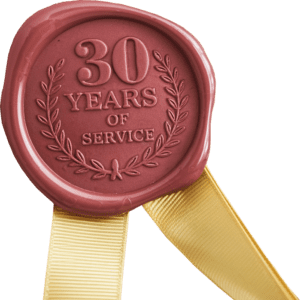Using the Sugar CRM as a base, CRM Strategy value–added a layer of loans, credit control, identity management, credit worthiness, histories, payments, etc. All these were all built into the solution and integrated to the accounting suite and client portals to deliver a hardened product to market at a cost far cheaper than a custom build.
The resultant solution leverages the reliability of the core CRM, which is used around the world and in many languages and has been tested to ensure it’s both secure and stable. The client enhanced targeted areas with their own IP to tune the solution to exactly what they needed.
The commercial open source option of Sugar CRM ensured there were no roadblocks should the client need a feature or function, and the Sugar Marketplace provided scope to add additional features if required.
As Sugar CRM offers a private hosting and Sugar CRM Cloud options, the client selected private hosting to control their data and IP, noting they always had the option to use Sugar’s cloud services should they desire.
The benefits to the client include:
- Investing in the development of core IP only delivers highest value. The result is a higher return on investment and shorter time to market for a secure and hardened solution.
- Leveraging Sugar CRM’s customer-centric application supports the business’s desire to remain client focused, so by default all designs focus on the client’s benefit.
- Sugar CRM provides support for sales, admin, finance and customer service, delivering one view of the client to all users. (Provided the users are permitted to see the information.)
- Marketing, portals, multichannel sales-engagement models and stakeholder management from retailers, salespeople and the end client are all serviced from the same platform.
- The integration to finance systems ensure compliance to financial reporting and accounting requirements.
The lessons learned:
- Create a solid scope or vision for the future but ensure the minimum viable product (just what you need to start) is the primary focus on the first deliverable.
- Ensure data quality and the process to keep it well maintained always remains a focus.
- Have solid testing processes between both parties and ensure the ‘definitions of done’ are clear before development starts so the deliverable is on the money.
- Open communications wide to ensure key stakeholders are fully engaged and keep discussing higher risk items during the creation process to resolve problems or limits jointly, reducing the need for rework.
- Break down large tasks to smaller ones to write clearer ‘definitions of done’.
- Remove the grey from the discussion. Reduce the requirements to a black and white clear instructions.
- Brief your technology partner at a business level so they can understand the business goals of the job. This will ensure they use the same view as you do to test if the solution is complete. There is a sizeable difference between a technically correct solution and something that works in the business.
For more about CRM Strategy and how we can help, click here.
Or you can read more about how to leverage the power of CRMs in Financial Planning and Services here.









